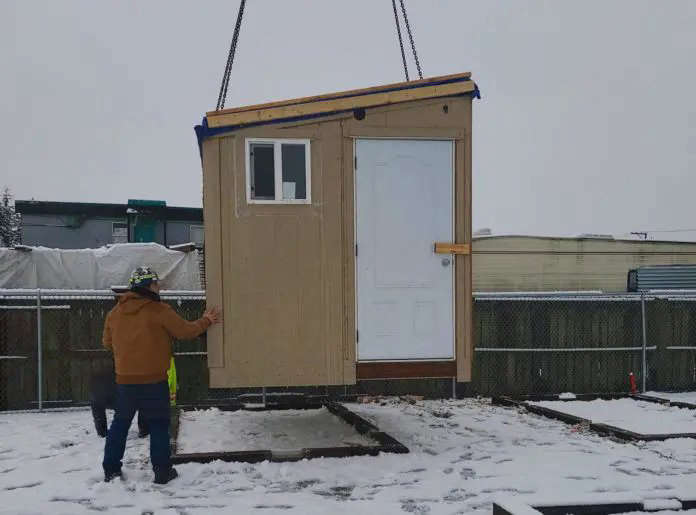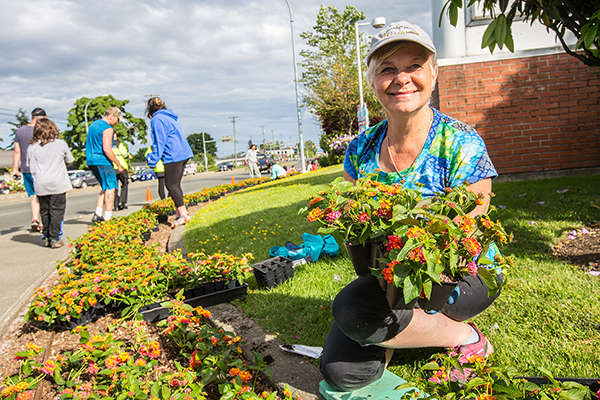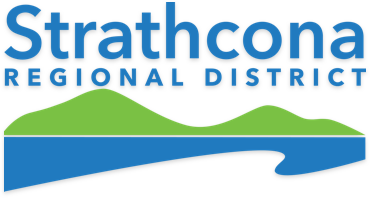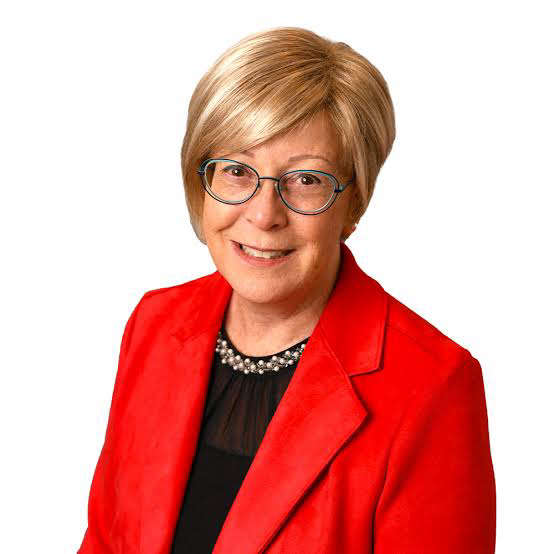
Construction has started on Port Alberni's first tiny-shelter village, which will provide 30 homes for people experiencing homelessness in the community.
The Tiny Shelter Village will have 30 temporary modular housing pods, amenity space, washrooms, an office, bicycle parking and two outdoor gathering areas.
The Port Alberni Friendship Centre (PAFC) will operate the village and will have staff on site 24 hours a day, seven days a week to provide support services, including health and wellness supports, life-skills training and culturally appropriate services for Indigenous Peoples.
“There’s definitely been an issue with housing,” said Cyndi Stevens, Executive Director of the Port Alberni Friendship Centre.
“The price of houses have gone up, rent has increased a lot, there’s definitely less housing available and so we have noticed there are a lot of people needing to live with family or they’re living in their cars or they’re living in tents.”
“It’s a lot of people you would never think would be doing that but have no other solutions for housing.”
Residents will also be provided as many as three meals per day.
In part, BC Housing will provide funding for the new shelters, with $726,000, including $75,000 in startup costs.
BC Housing will also provide approximately $850,000 in annual operating funding.
The City of Port Alberni is providing the land on which the project will occupy and will fund all utility services to the site.
They have also committed a $165,000 grant to the project.
The PAFC is also paying into the project with $226,000.
The Walyaqil Tiny Shelter Village is set to be finished in early 2023.

 Courtenay - Mile of Flowers Volunteers
Courtenay - Mile of Flowers Volunteers
 SRD - Accessibility Plan
SRD - Accessibility Plan
 Cumberland AAP Wastewater Drop In
Cumberland AAP Wastewater Drop In
 Ronna-Rae Leonard - Running Again
Ronna-Rae Leonard - Running Again
 Psychotherapy Care
Psychotherapy Care
